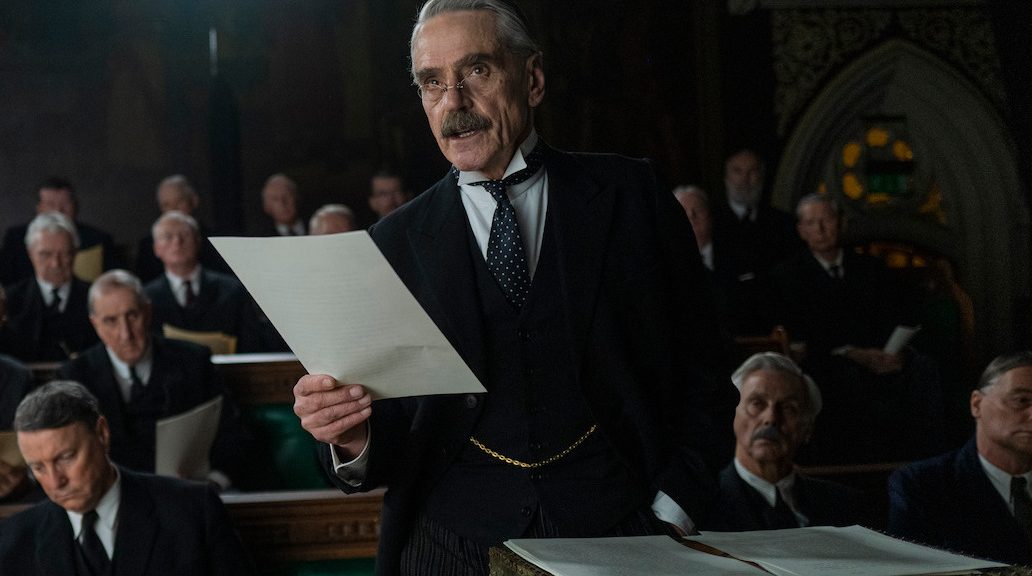


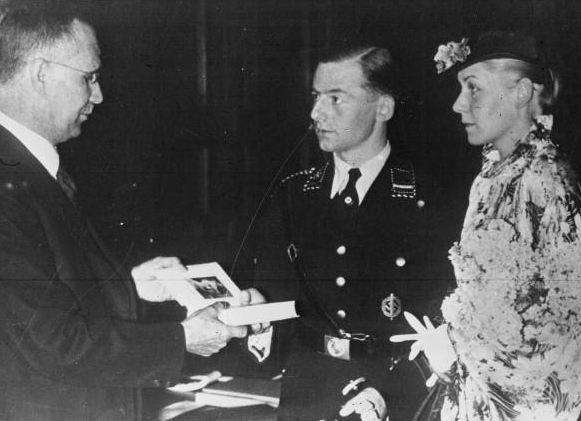
When did Churchill first read Mein Kampf, and did he have any early reaction to it?” Of Mein Kampf in his war memoirs, he wroe:
…there was no book which deserved more careful study from the rulers, political and military, of the Allied Powers. All was there—the programme of German resurrection, the technique of party propaganda; the plan for combating Marxism; the concept of a National-Socialist State; the rightful position of Germany at the summit of the world. Here was the new Koran of faith and war: turgid, verbose, shapeless, but pregnant with its message.[1]…
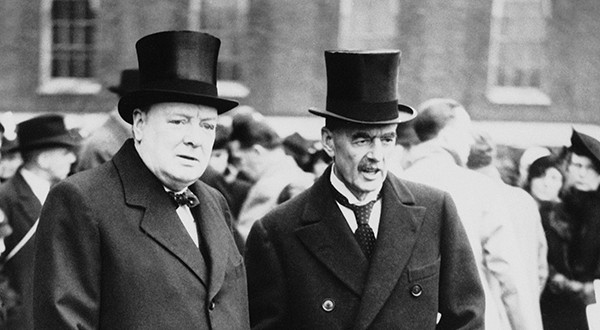
…was a theme of Churchill’s, and he often wrote about it. He made many mistakes, but throughout his career he was seldom guilty of lacking consistency. Continued from Part 1…
“Much better if he had never lived”Churchill maintained friendly relations with Baldwin until Baldwin died in 1947. Nevertheless—which was rare for him—he never forgave and never forgot. In June 1947 he made an astonishing statement: “I wish Stanley Baldwin no ill, but it would have been much better if he had never lived.” Official biographer Martin Gilbert wrote that this was not Churchill’s usual consistency, but exactly the opposite:
In my long search for Churchill few letters have struck a clearer note than this one.…
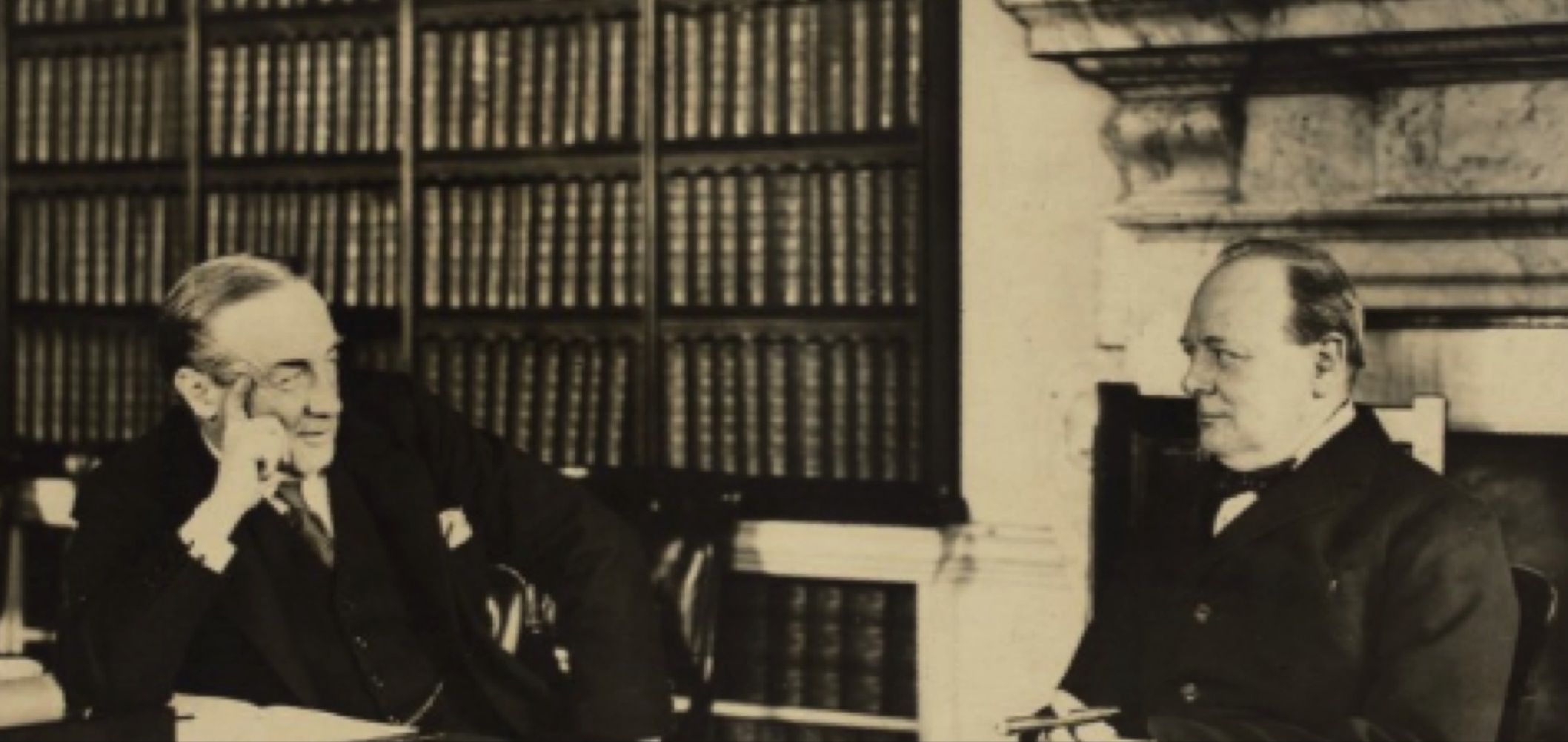
“Churchill’s Consistency,” first published in 2011, is updated with material from my book, Churchill and the Avoidable War. It exonerates, partially, the statements and actions of Mr. Baldwin in the debate of rearmament in the 1930s.
“Politics before country”A U.S. Congressman, observing America’s spending problem, proposed an elaborate plan to fix it. In the process he didn’t wilt under the assault directed toward anyone who defies the status quo by proposing practical change. Intending to defend his ideas in a speech, his private office asked me to verify what Churchill said on consistency among politicians.…
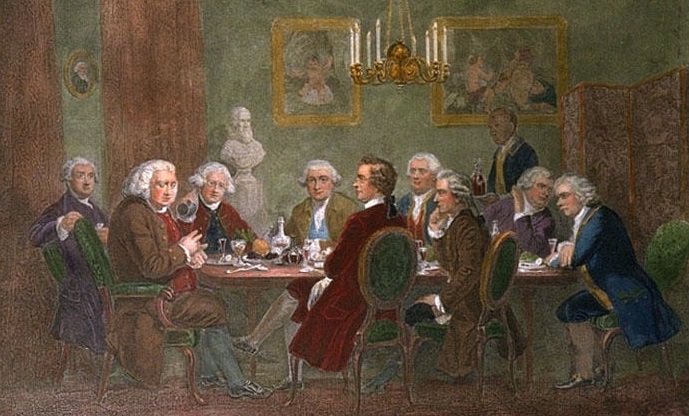
Reprised below are my small contributions on Churchill and the great Irish statesman and thinker Edmund Burke (1729-1797). It was eclipsed in 2019 in a brilliant speech by Andrew Roberts which the Hillsdale College Churchill Project offers here. Dr. Roberts spoke after receiving The New Criterion 7th Edmund Burke Award for Service to Culture and Society. He also discusses Churchill on Burke in a video interview with James Panero.
2. Churchill on BurkeA reader writes:
I’d like to congratulate you on Churchill by Himself, but I could not find any Churchill comments on Edmund Burke in the index.…
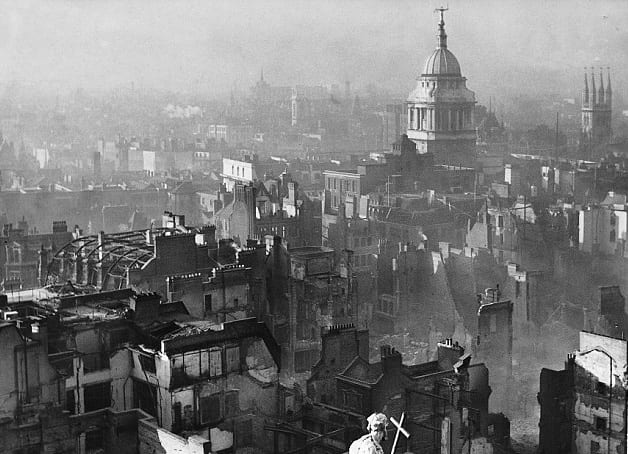
“Professor John Charmley says in a podcast that Neville Chamberlain believed a prewar grand alliance against Hitler was not feasible. He was referring to alliance between the UK and France and the United States and USSR. Do you agree?”
Answer:As Mona Lisa Vito (Marisa Tomei) tells the District Attorney (Lane Smith) in “My Cousin Vinny” (1992), “that’s a B.S. question.”
(To voir dire Miss Vito on “general automotive knowledge” the D.A. had demanded the ignition timing of “a 1955 Chevrolet 327 V-8.” (Readers less mechanically inclined than Miss Vito may enjoy her devastating two-minute rebuttal to this “trick question.”)…
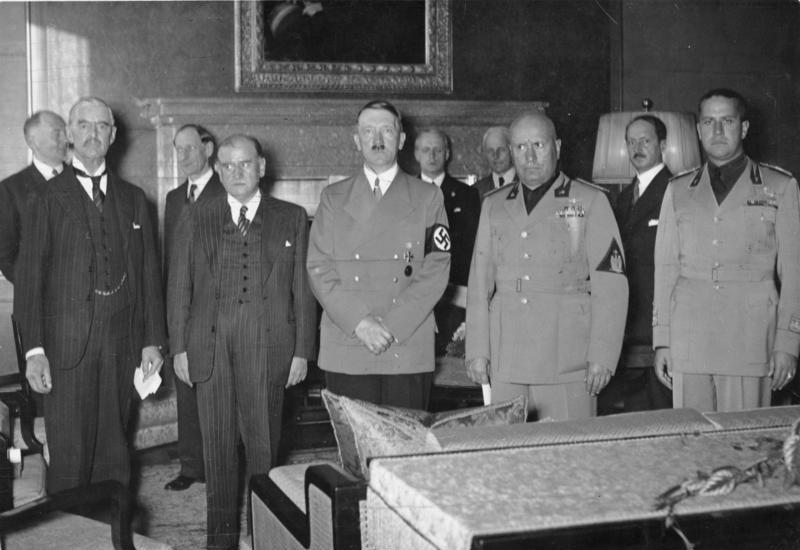
Journalist Leo McKinstry’s Churchill and Attlee is a deft analysis of a political odd couple who led Britain’s Second World War coalition government. Now, eighty years since the death of Neville Chamberlain, he has published an excellent appraisal in The Spectator. Churchill’s predecessor as Prime Minister, Chamberlain negotiated the 1938 Munich agreement. “Peace for our time,” he famously referred to it. In the end, he bought the world peace for a time.
Mr. McKinstry is right to regret that Chamberlain has been roughly handled by history. “The reality is that in the late 1930s Chamberlain’s approach was a rational one,” he writes.…
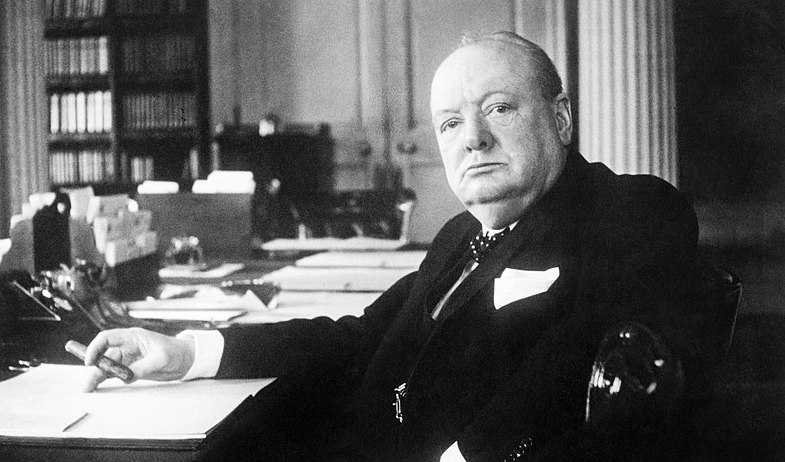
In the splintering crash of this vast battle the quiet conversations we had had in Downing Street faded or fell back in one’s mind. However, I remember being told that Mr. Chamberlain had gone, or was going, to see the King, and this was naturally to be expected. Presently a message arrived summoning me to the Palace at six o’clock. It only takes two minutes to drive there from the Admiralty along the Mall. Although I suppose the evening newspapers must have been full of the terrific news from the Continent, nothing had been mentioned about the Cabinet crisis.…
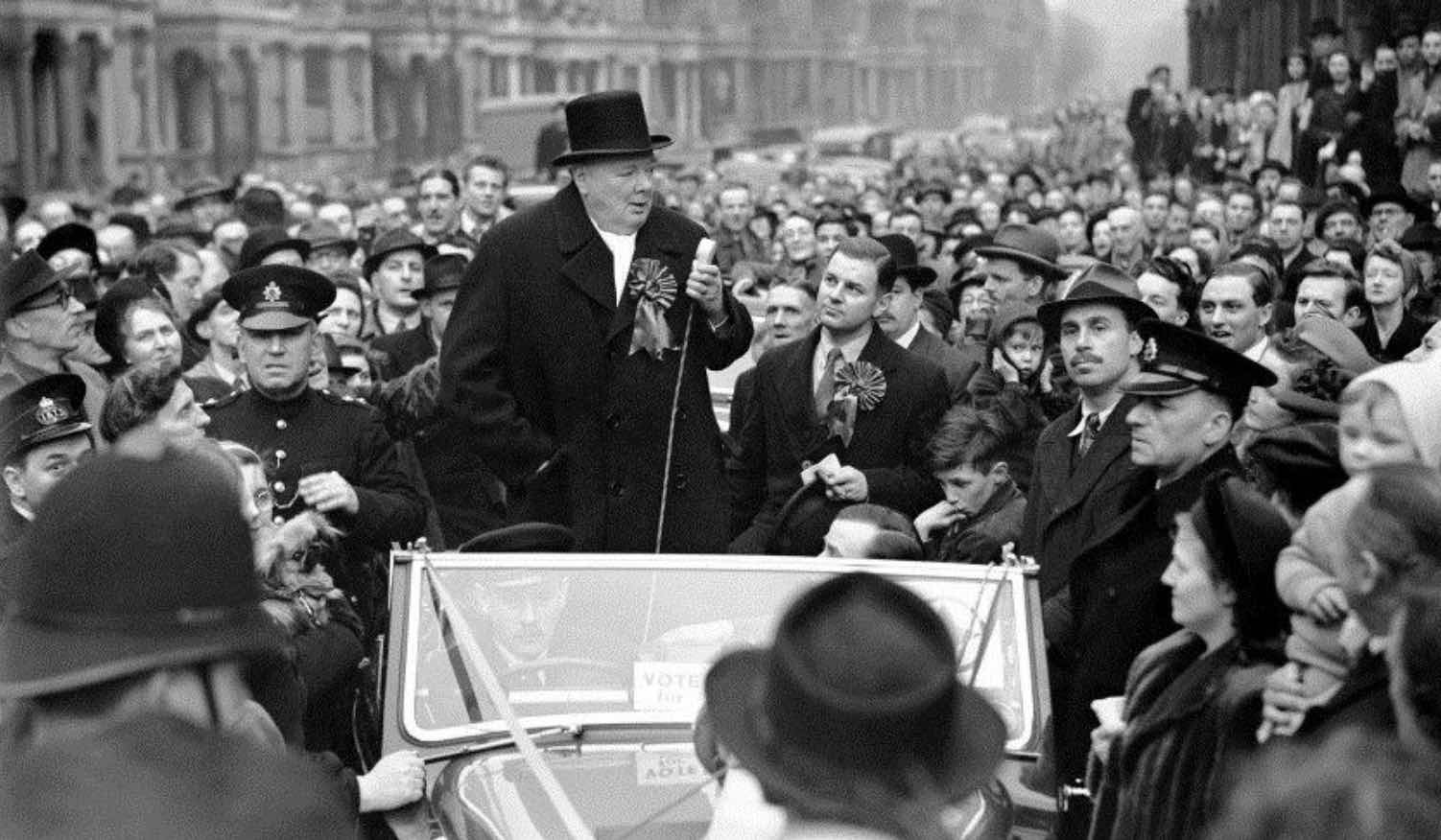
Sporadically, pundits compare Donald Trump with Winston Churchill. There’s even a book coming out on the subject. I deprecate all this by instinct and will avoid that book like the Coronavirus. Surface similarities may exist: both said or say mainly what they thought or think, unfiltered by polls (and sometimes good advice). But Churchill’s language and thought were on a higher plane. Still, when a friend said that Churchill never stooped to derisive nicknames like Trump, I had to disagree.
Whether invented by the President or his scriptwriters, some of Trump’s nicknames were very effective.…
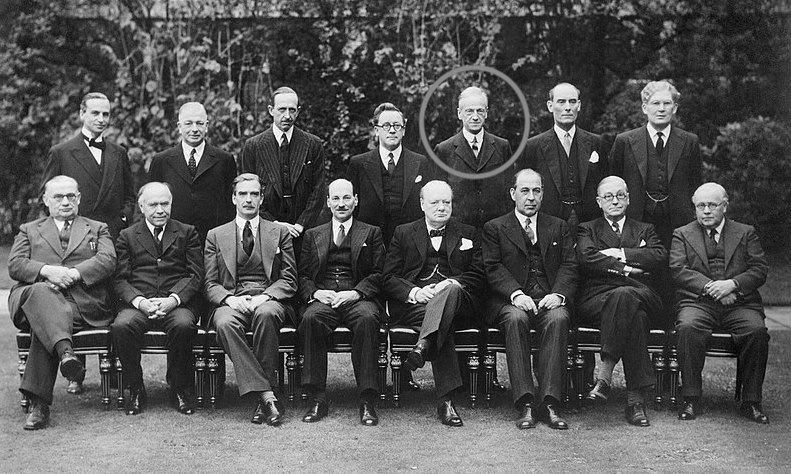
It is frequently asked: What did Churchill say about those who trade honor for peace having in neither in the end?
“War and Shame”There are two quotations. The first was Churchill in a letter to Lloyd George on 13 August 1938, just before the Munich Conference, which led to World War II a year later.
I think we shall have to choose in the next few weeks between war and shame, and I have very little doubt what the decision will be.
Reference is Churchill by Himself, page 256, quoting Martin Gilbert, ed., The Churchill Documents, vol.…